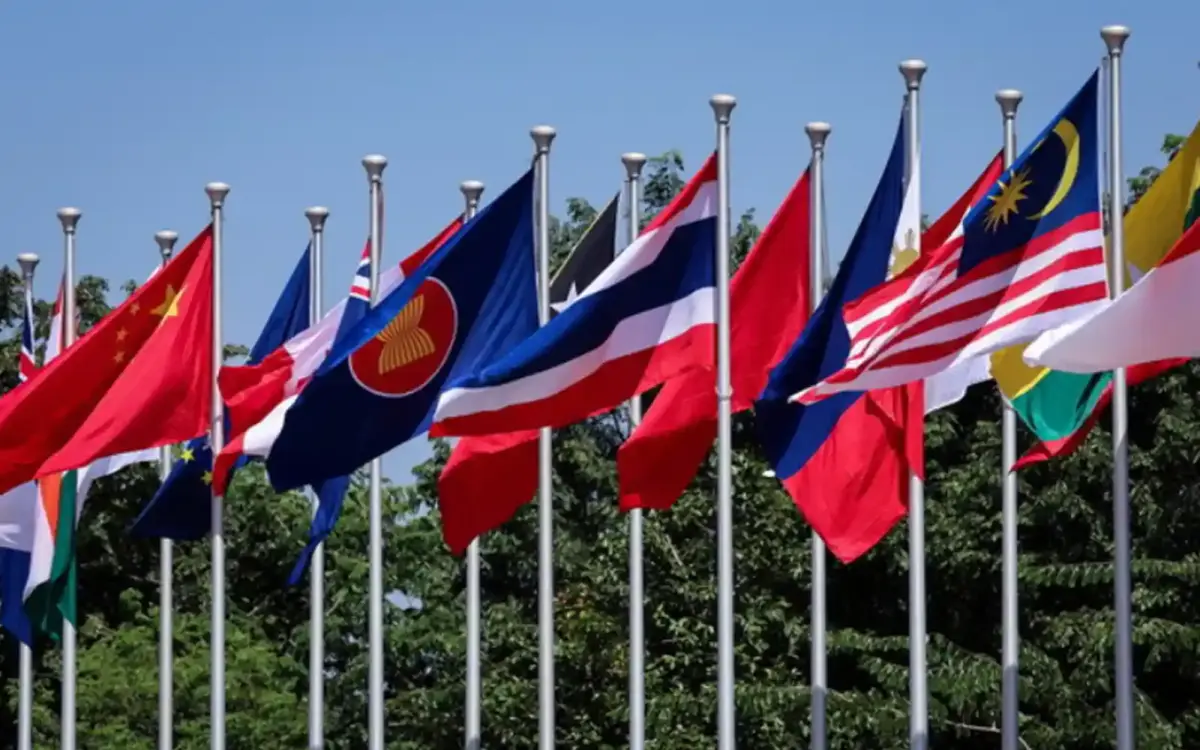Thomas Daniel was quoted in Free Malaysia Today, 25 May 2025
By Lauren Lopez
They say that Malaysia’s approach as Asean chair in dealing with Myanmar’s political and humanitarian crisis reflects a pragmatic shift away from rigid frameworks toward more flexible, outcome-driven initiatives.

PETALING JAYA: Asean’s engagement with Myanmar on humanitarian efforts under Malaysia’s chairmanship marks a necessary recalibration in a highly complex and challenging landscape, experts say.
Asean has faced criticism for its slow progress in addressing Myanmar’s political and humanitarian crisis, which Myanmar expert Andrea Passeri partly attributes to the junta’s repeated refusal to comply with Asean’s five-point consensus.
But Passeri, who also heads the international relations programme at Taylor’s University, said Malaysia’s recent push for humanitarian aid signals a strategic shift, going further by promoting multi-track dialogue with various stakeholders.
This is particularly crucial given the deep divisions among key actors, some of whom are unwilling to even meet, he said.
“The Malaysian chairmanship reflects a pragmatic shift away from rigid frameworks toward more flexible, outcome-driven initiatives.
“The public should interpret this as a recalibration of Asean’s expectations, not an abandonment of its commitments. It’s recognition that political resolution will require a longer timeline, greater creativity, and possibly new instruments beyond the five-point consensus,” he explained.
“Political outcomes remain stalled, but humanitarian access has slightly improved. That’s meaningful progress in a context where previous attempts yielded little.”
Prime Minister Anwar Ibrahim previously acknowledged the limited progress of the five-point consensus over the years, yet expressed a degree of satisfaction with recent humanitarian engagements.
“Where do we go from here is still premature to suggest, but I am quite pleased that after a decade, this is the first serious engagement that we had,” he was quoted as saying.
Malaysia is the first Asean chair to have successfully engaged both Myanmar’s civilian government, as well as the junta, showing that engagement does not necessarily imply recognition.
Passeri said Asean’s decision to let the junta’s foreign minister brief its members after the March earthquake, despite earlier restrictions, reflects a gradual shift toward principled pragmatism, where urgent humanitarian needs can justify limited departures from established norms.
The Institute for Strategic and International Studies’ Thomas Daniel also highlighted that Malaysia is aware its one-year chairmanship is insufficient to resolve the entire crisis.
Instead, he said, Malaysia is focused on creating a robust foundation for successive chairs to build upon, recognising that starting anew each year is impractical.
One key aspect of this approach is Malaysia’s attempts to institutionalise the Asean special envoy to Myanmar through the provision of resources and staffing.
Daniel also pointed out that Asean’s structure was not originally designed to handle significant internal strife, but the situation in Myanmar necessitates that it adapts.
Ignoring the issue or its critical role in resolution is not an option for the bloc, he said.
He added that the immediate expectations should be focused on pushing for a de-escalation of violence and expanding humanitarian aid, as an immediate cessation of conflict is unrealistic.
For those critical of Asean’s pace, Passeri highlighted the essential groundwork that precedes more visible progress, including trust-building exercises with all stakeholders and unifying its internal stance.
“In practice, this means maintaining regular communication with all conflict actors, including ethnic armed groups and civil society, many of whom remain skeptical of Asean’s neutrality.
“None of this guarantees success, but without these foundational efforts, any formal negotiations risk collapsing before they begin.
“The groundwork is slow, uncertain, and often thankless, but it is essential.”
This article first published in Free Malaysia Today, 25 May 2025





